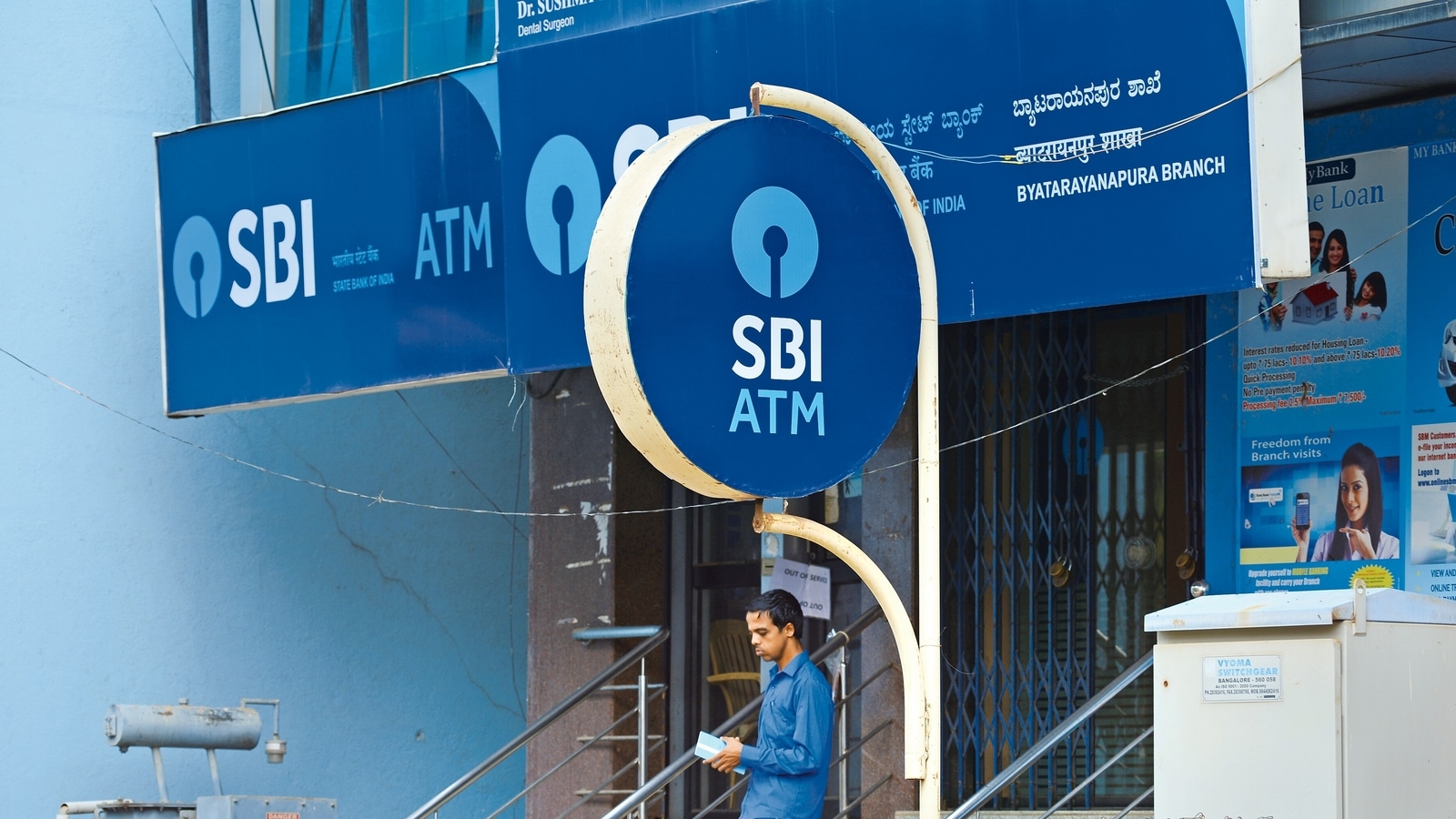WARNING! Protect your money from phishing, online fraud, just check these SBI tips
SBI has issued guidelines which can help you stay safe from phishing attacks and online frauds.

According to SBI, you can protect yourself against phishing attacks and online fraud by following a few simple guidelines. The two most common cyberattacks faced by individuals as well as organizations in India are phishing attacks and online fraud. However, there are ways to stay secure and protect yourself from such attacks by cybercriminals and SBI's guidelines tell you how.
What is Phishing?
According to SBI, phishing is a method of obtaining sensitive and private information like login credentials, passwords, Debit and Credit Card details, PIN, Date of Birth, and Mobile Number, OTPs and more fraudulently from bank account holders. Cybercriminals use these details to commit frauds against you.
Cybercriminals obtain these from you by sending you emails or messages pretending to be your bank asking for your bank details and private information. They can also pose as customer service representatives and seek this information from you. Phishing attacks also occur in the form of KYC update mandate, asking you to update your KYC details through the link provided in the email or message.
SBI Guidelines for protection against phishing and online frauds
SBI says that you should be suspicious of any e-mail or text message containing urgent requests for personal or financial information as banks almost never use e-mails as a form of confirmation of identity.
Always verify a website’s address with the address mentioned in the email. Check the website URL for any suspicious links.
Only contact the organization you want to connect with by using a telephone number from a credible source like bill or a phone book. Never give away any confidential personal or financial information on the phone to strangers or even family members or friends.
It is advised to regularly update your computer with anti-virus software, spyware filters, e-mail filters and firewall programs and use the latest version available of the web browser.
NEVER keep your banking credentials the same as your other online accounts. Never save your login credentials on your browser as they can be easily misused.
Do not share any confidential information through suspicious emails, websites, social media networks, text messages or phone calls and regularly check your credit and debit card statements regularly to ensure all transactions done are legitimate.
Catch all the Latest Tech News, Mobile News, Laptop News, Gaming news, Wearables News , How To News, also keep up with us on Whatsapp channel,Twitter, Facebook, Google News, and Instagram. For our latest videos, subscribe to our YouTube channel.




















